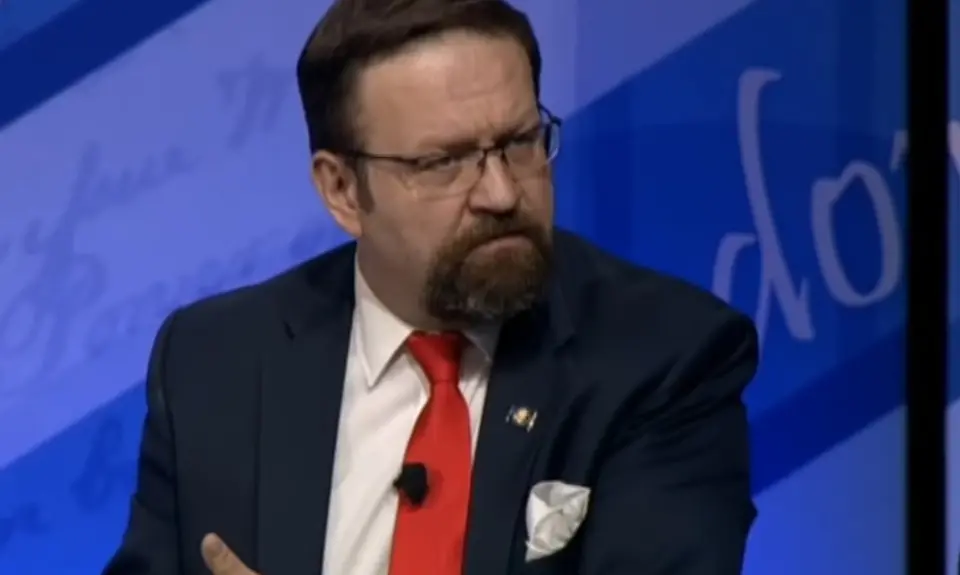Sebastian Gorka, the assistant to President Trump who has come under fire for his ties to a Nazi-linked group and his history of anti-Muslim rhetoric, told Breitbart News in a radio interview yesterday that the mood in the White House was one of “vindication” because of what he claimed was evidence of CNN’s “systematic generation of fake news.”
Yesterday, CNN retracted and apologized for a story about an investigation into the ties between a Trump ally and a Russian bank and three journalists behind the story resigned. Trump responded to the news by celebrating on Twitter that CNN produces “fake news.” Around the same time, James O’Keefe released a “sting” video purporting to show a CNN producer casting doubt on the network’s Russia coverage. (In reality, O’Keefe’s video shows a health and medicine producer who has nothing to do with the network’s political news. O’Keefe also has a record of deceptive video editing.)
Gorka told Breitbart’s Alex Marlow that the reaction to the two events in the White House was a feeling of “utter and complete vindication” and that the week’s events proved that CNN has been in the business of “systematic generation of fake news.”
“Well, congratulations to O’Keefe for that video,” he said. “The feeling is a very simple one, Alex, utter and complete vindication. I think this is the day when the left rues ever coming up with the phrase ‘fake news’ because now we have the evidence, we have the consequences of systematic generation of fake news happening at the epicenter of one of the places that was producing the most of it. So it’s just a testament to the determination of the president. He sticks to what he knows to be true, he hangs in there doggedly and finally, thanks to intrepid people like O’Keefe, we have the evidence and people are getting fired.”
Of course, the term “fake news” originally referred to the proliferation of completely made-up “news” stories that spread online. CNN’s retraction of its story about the Trump associate followed the playbook for what real news sources do when they make a mistake.





